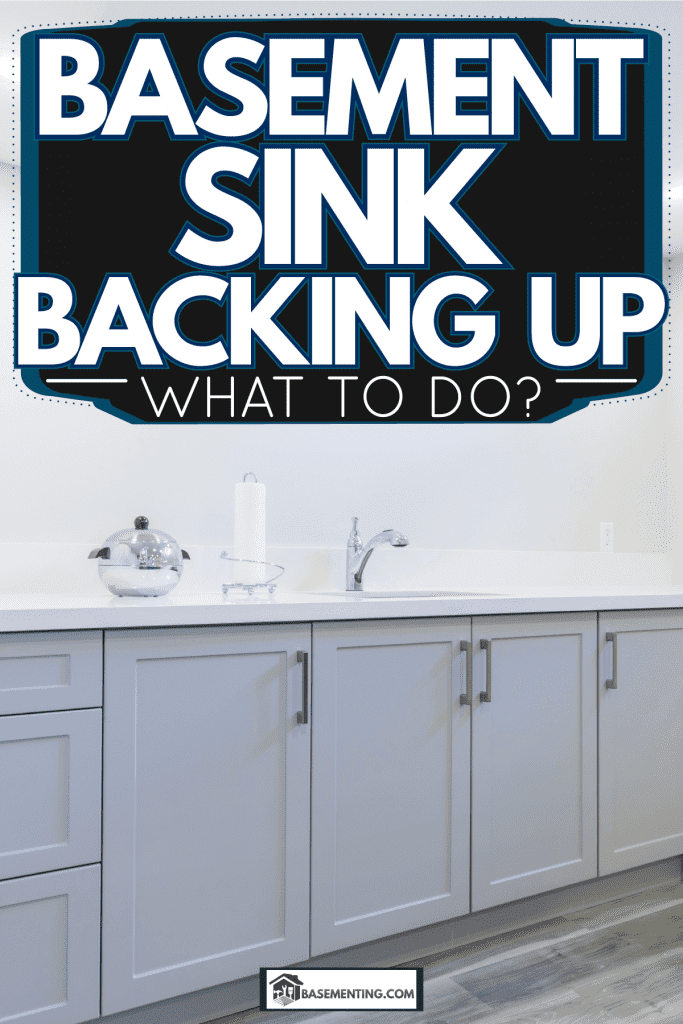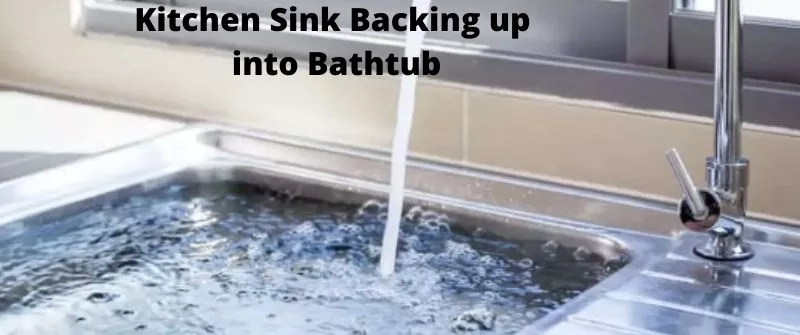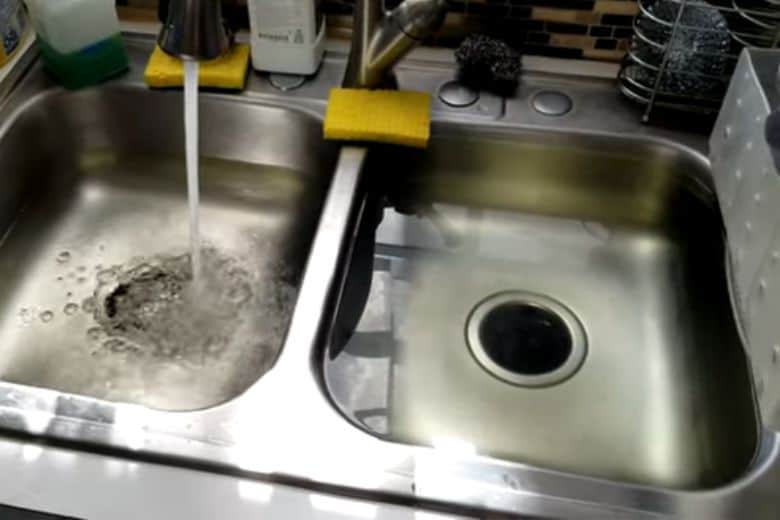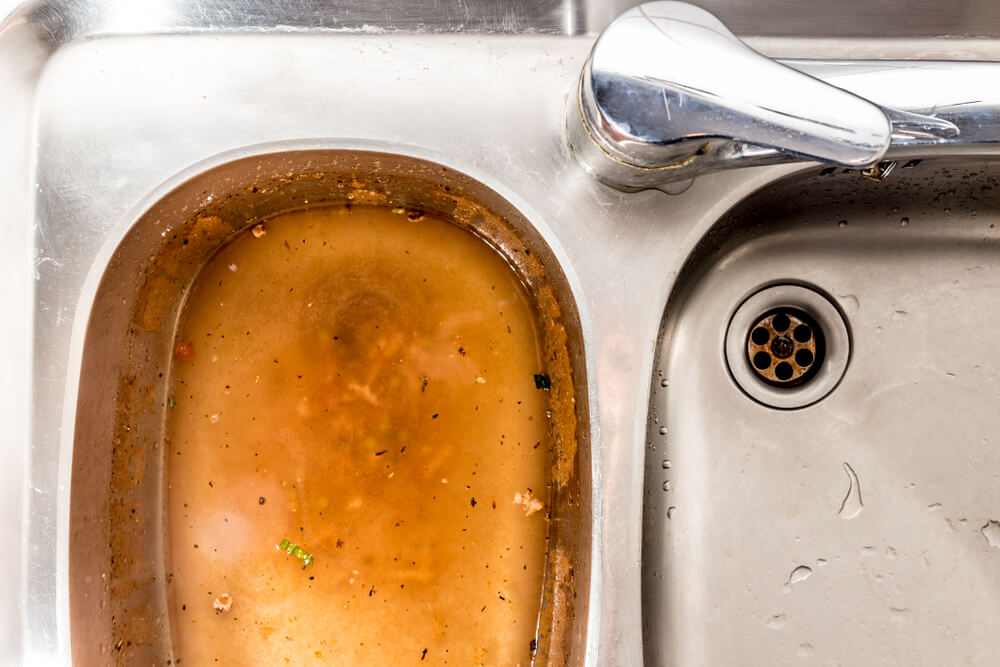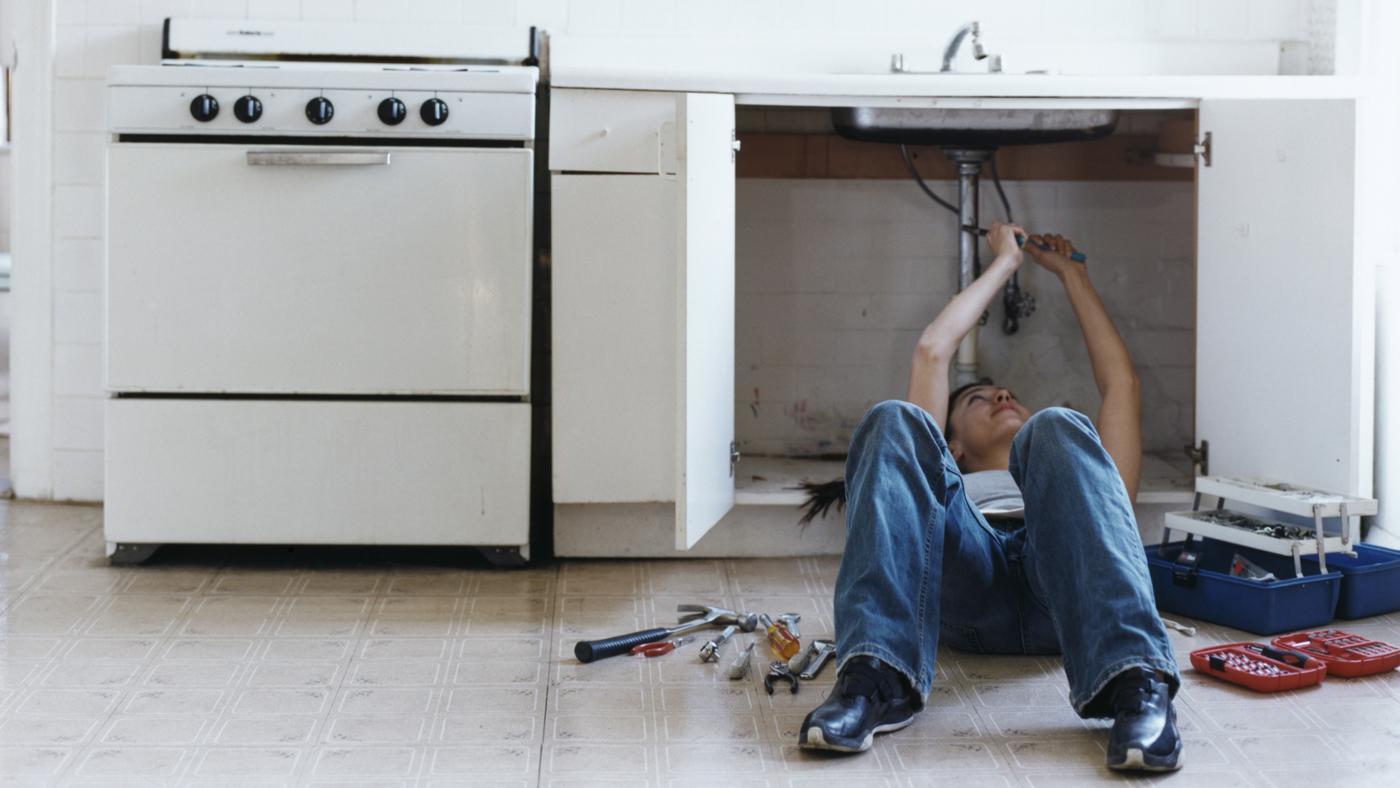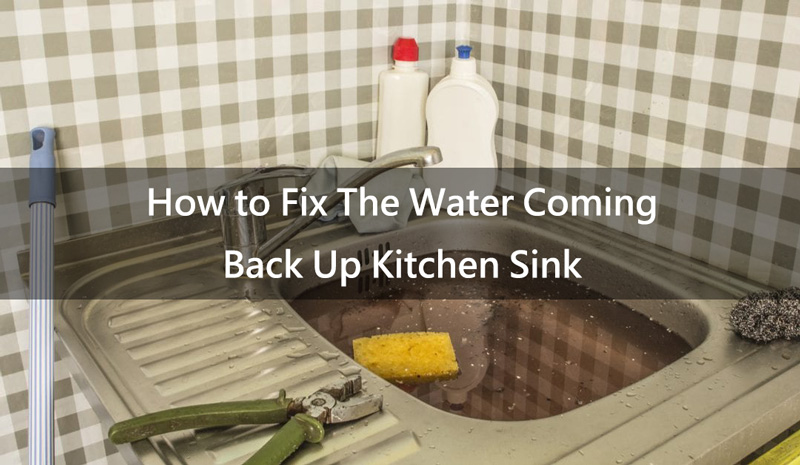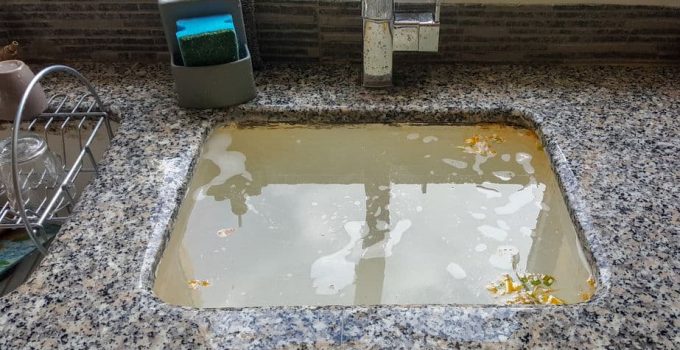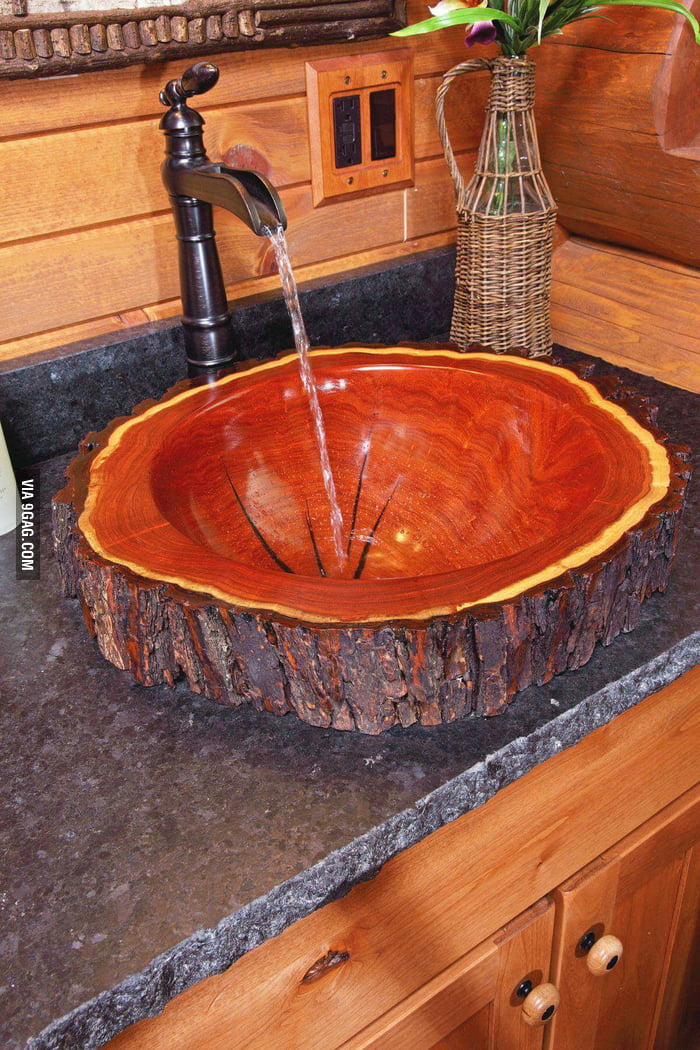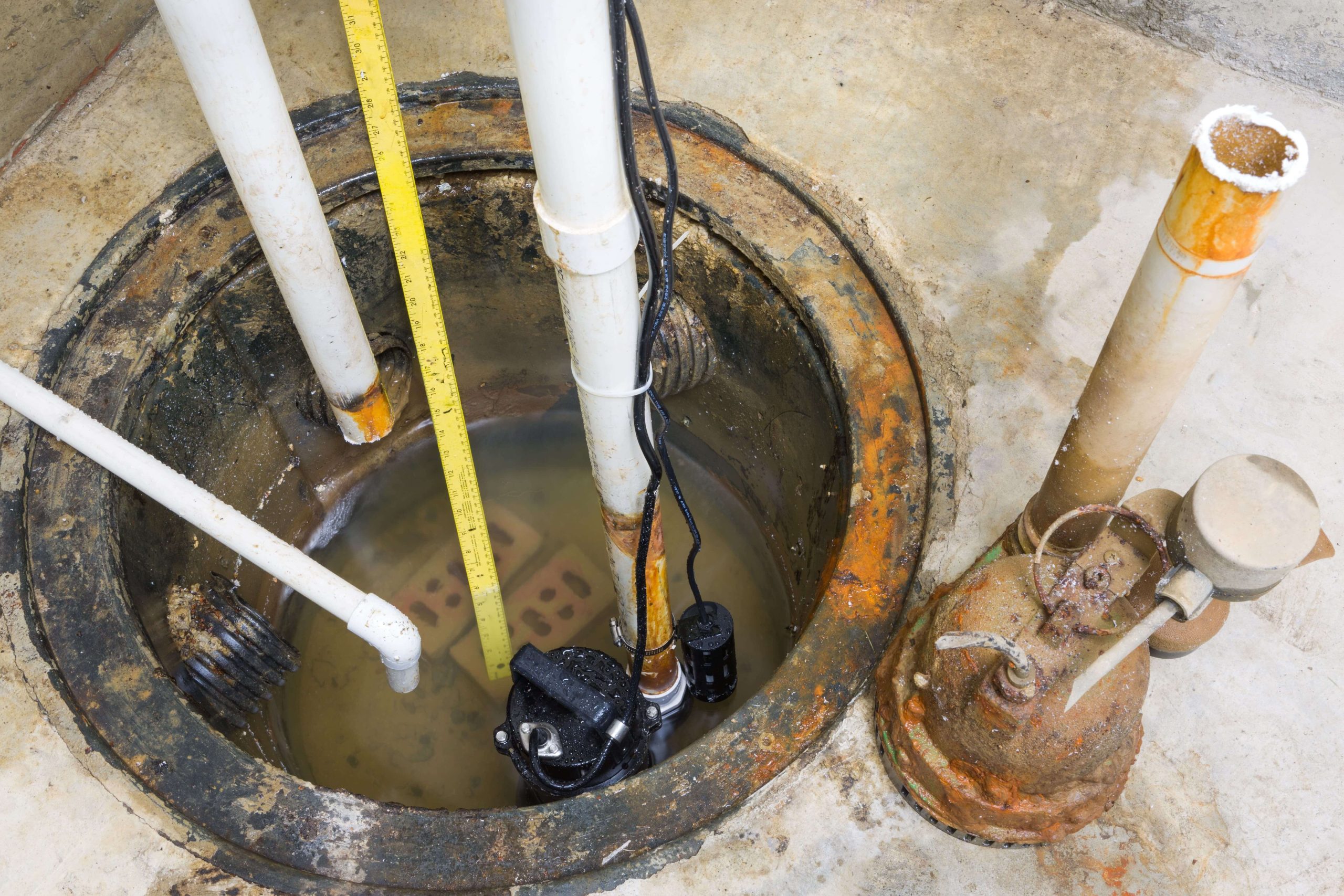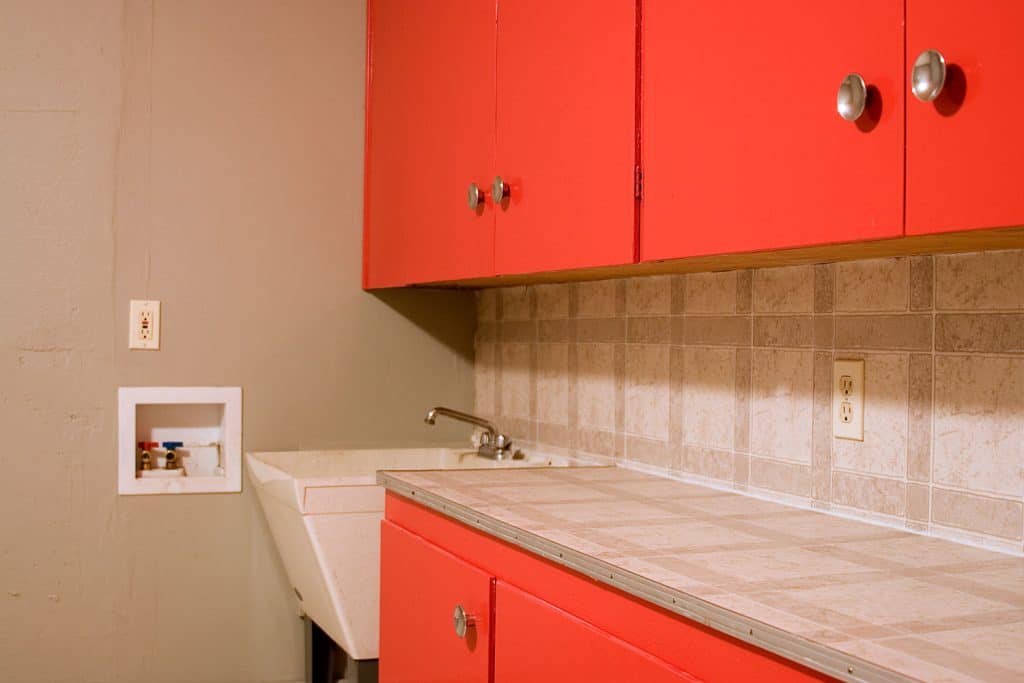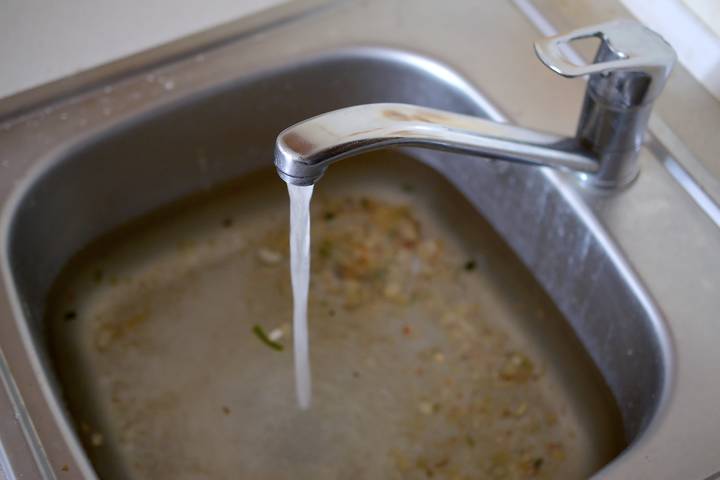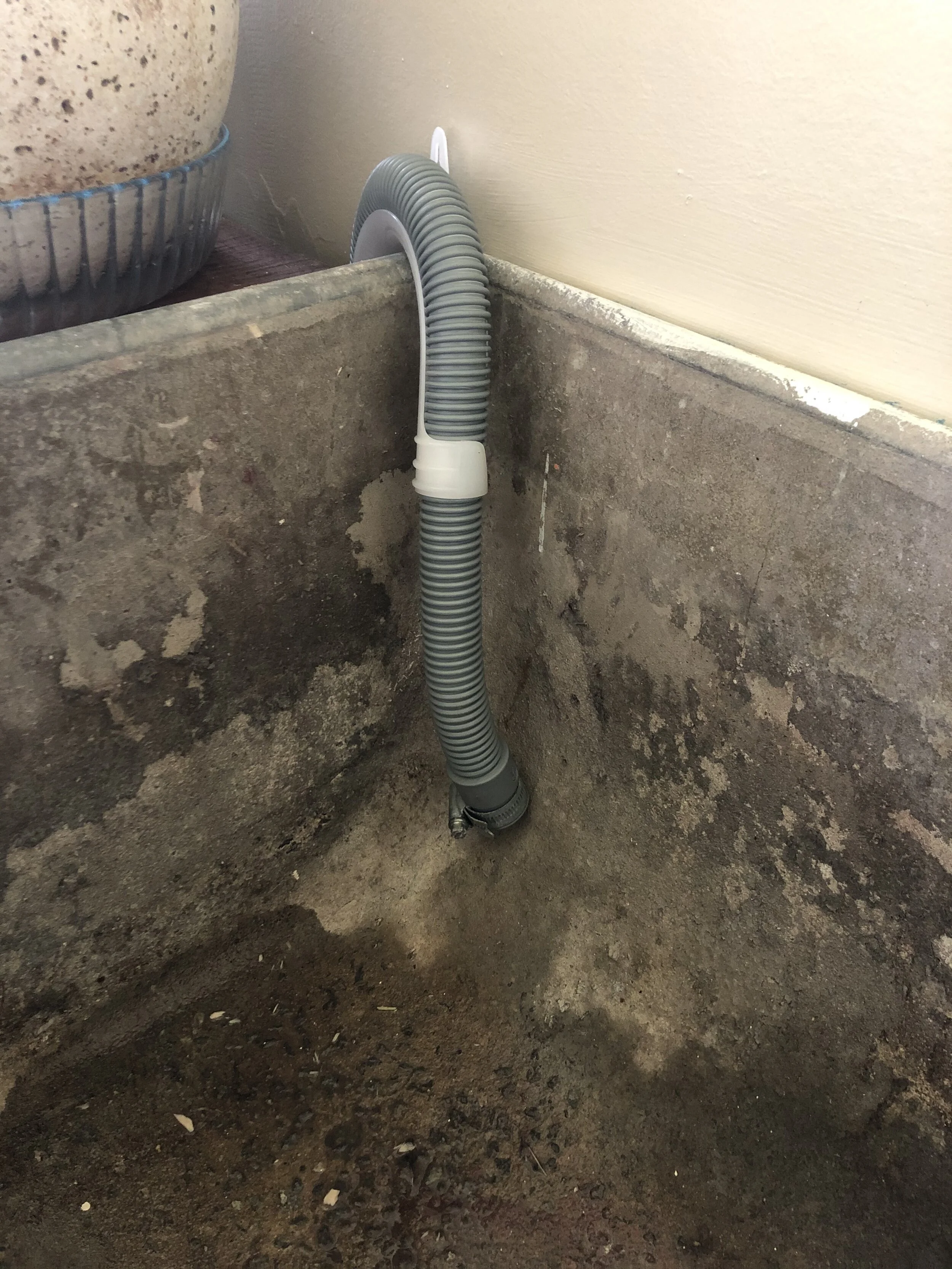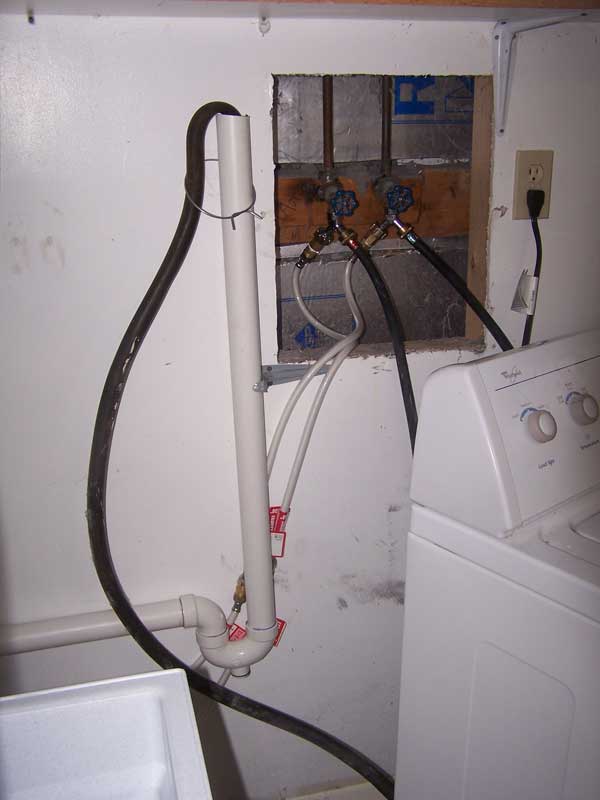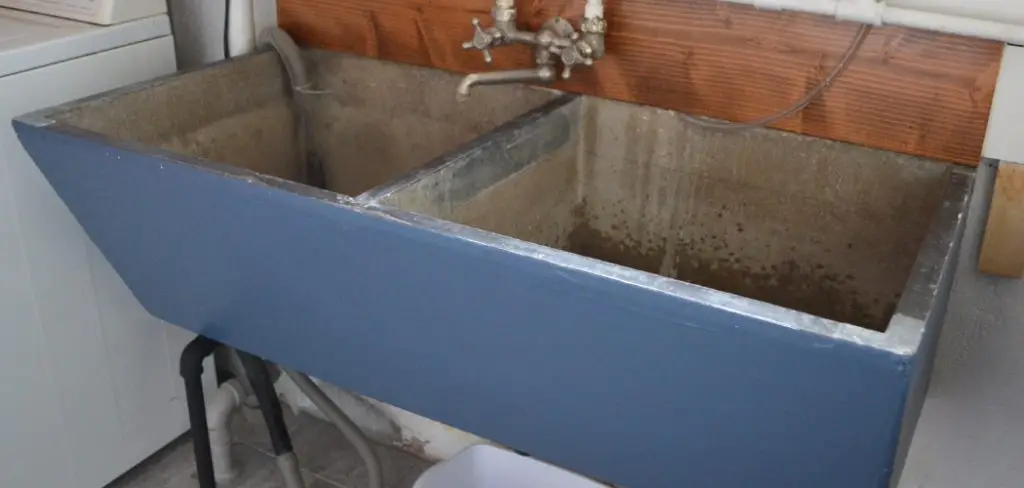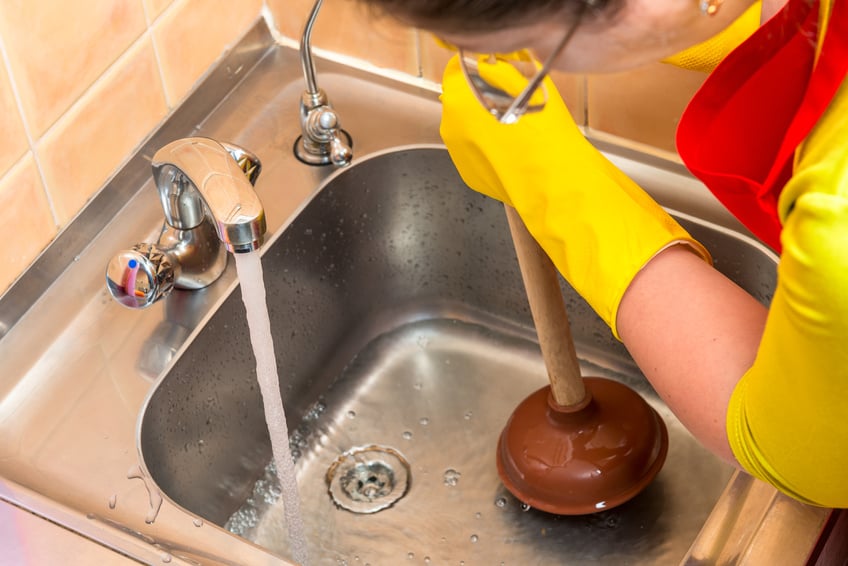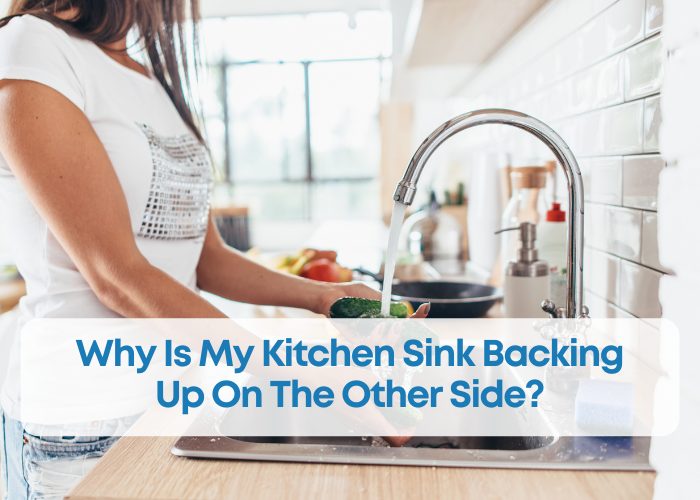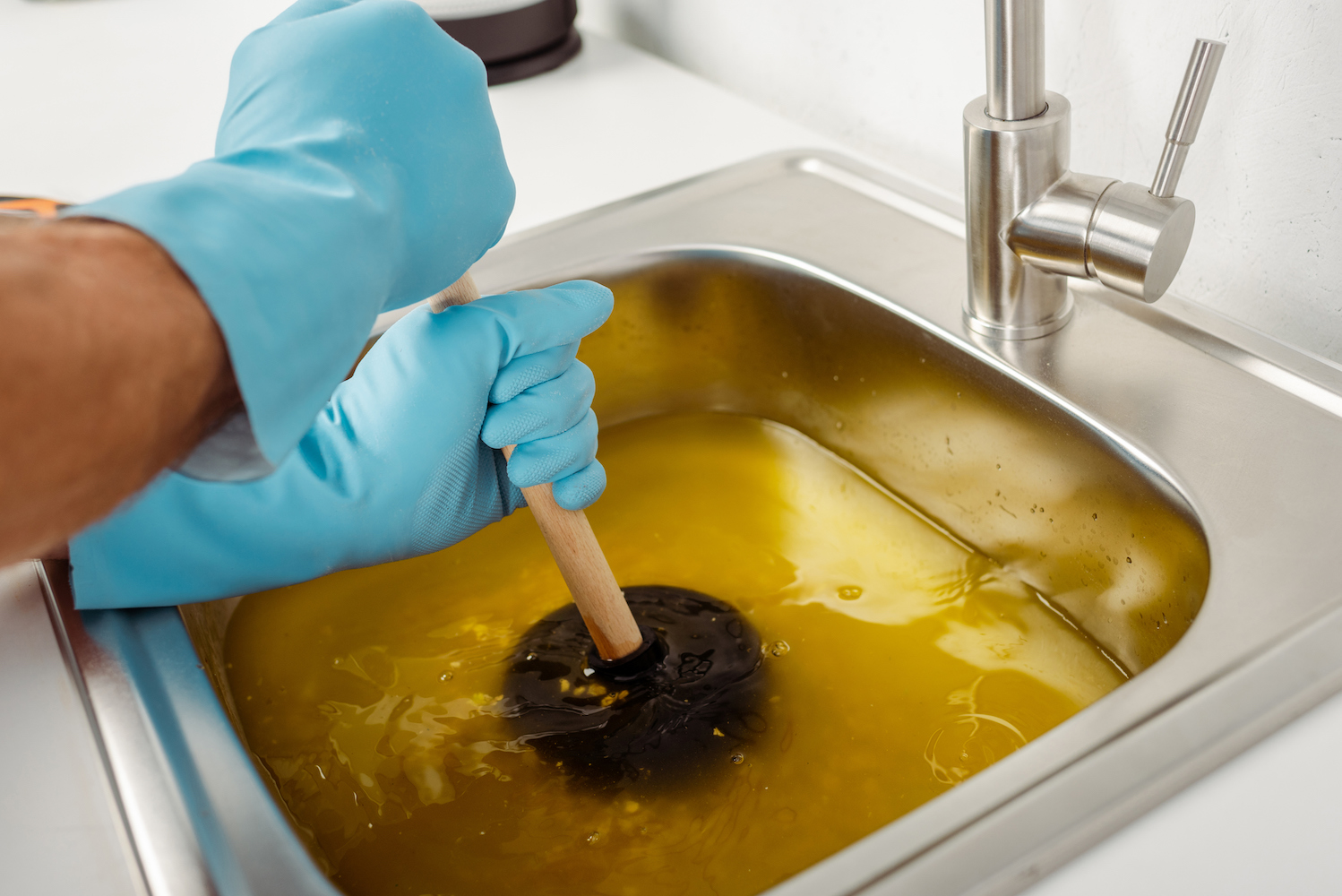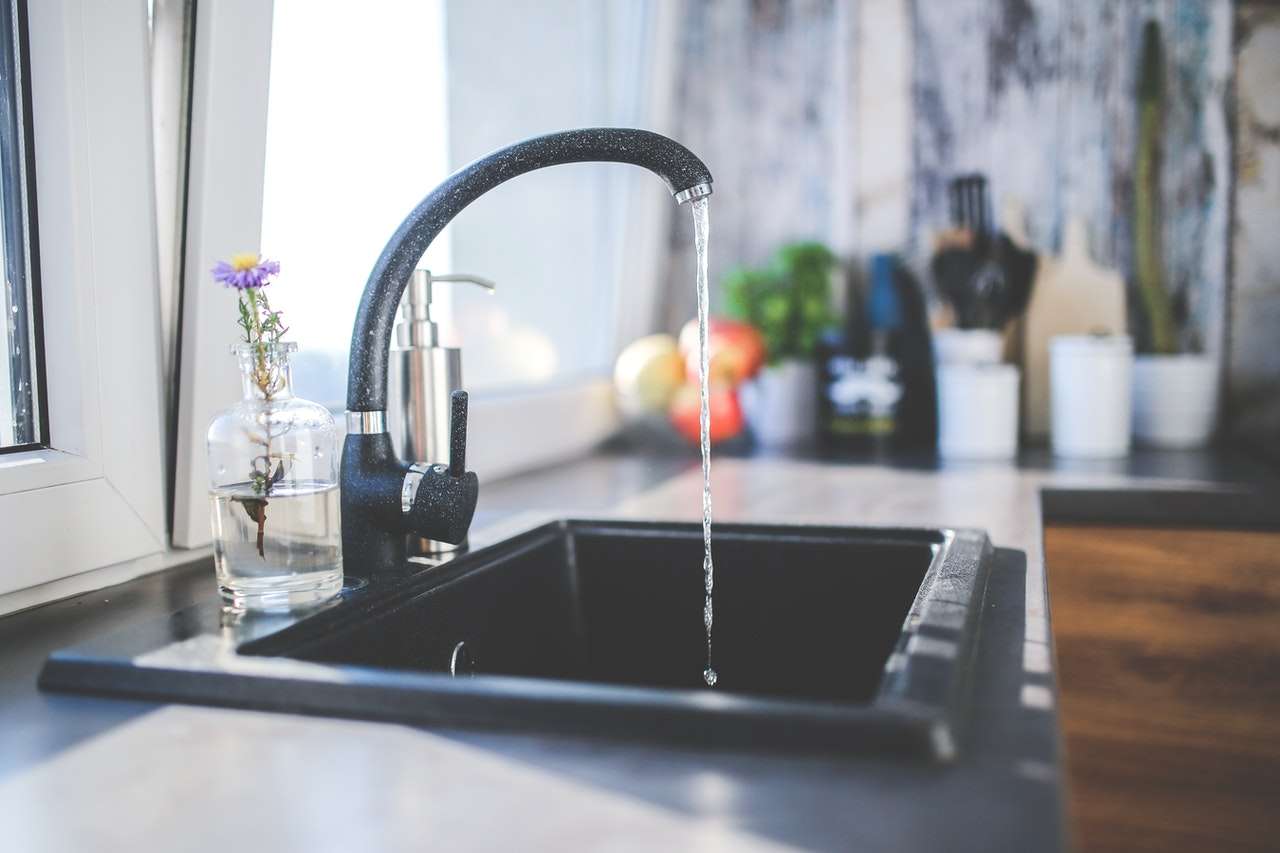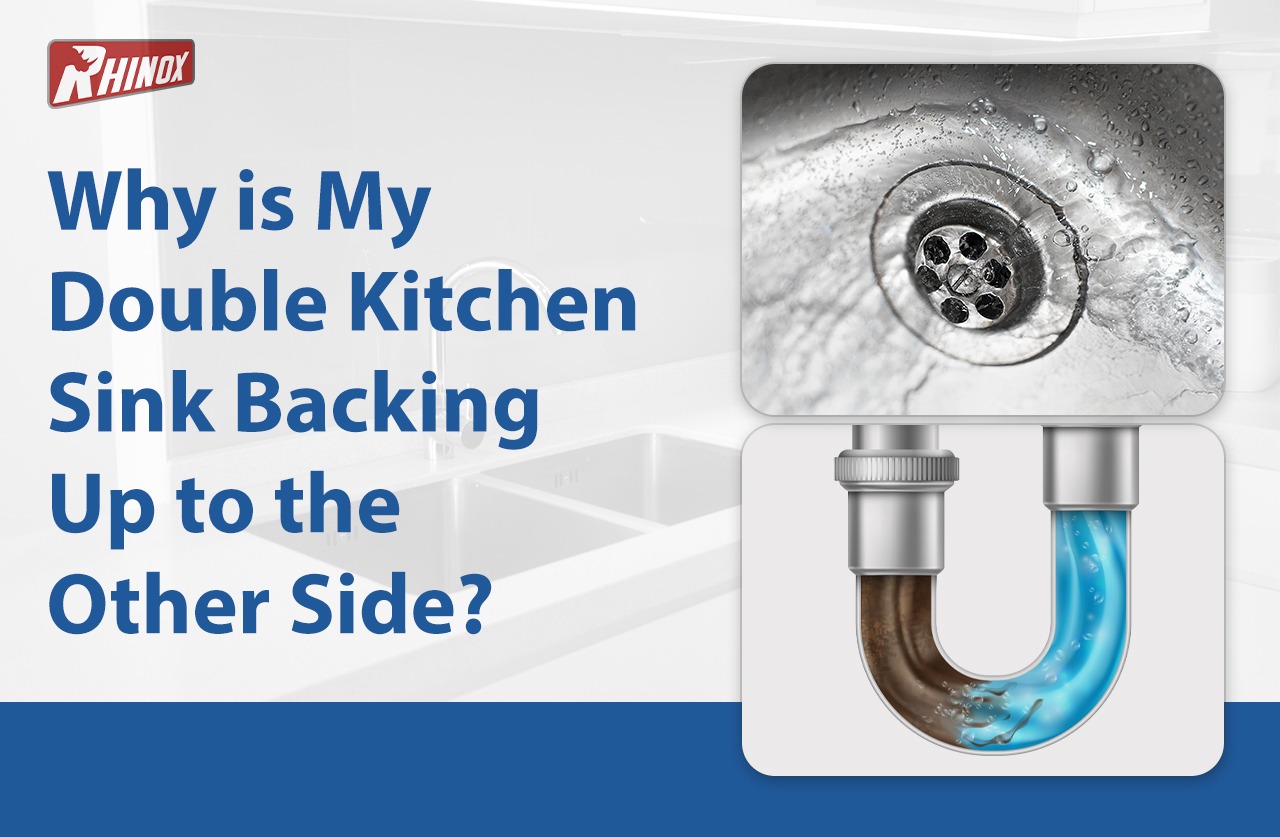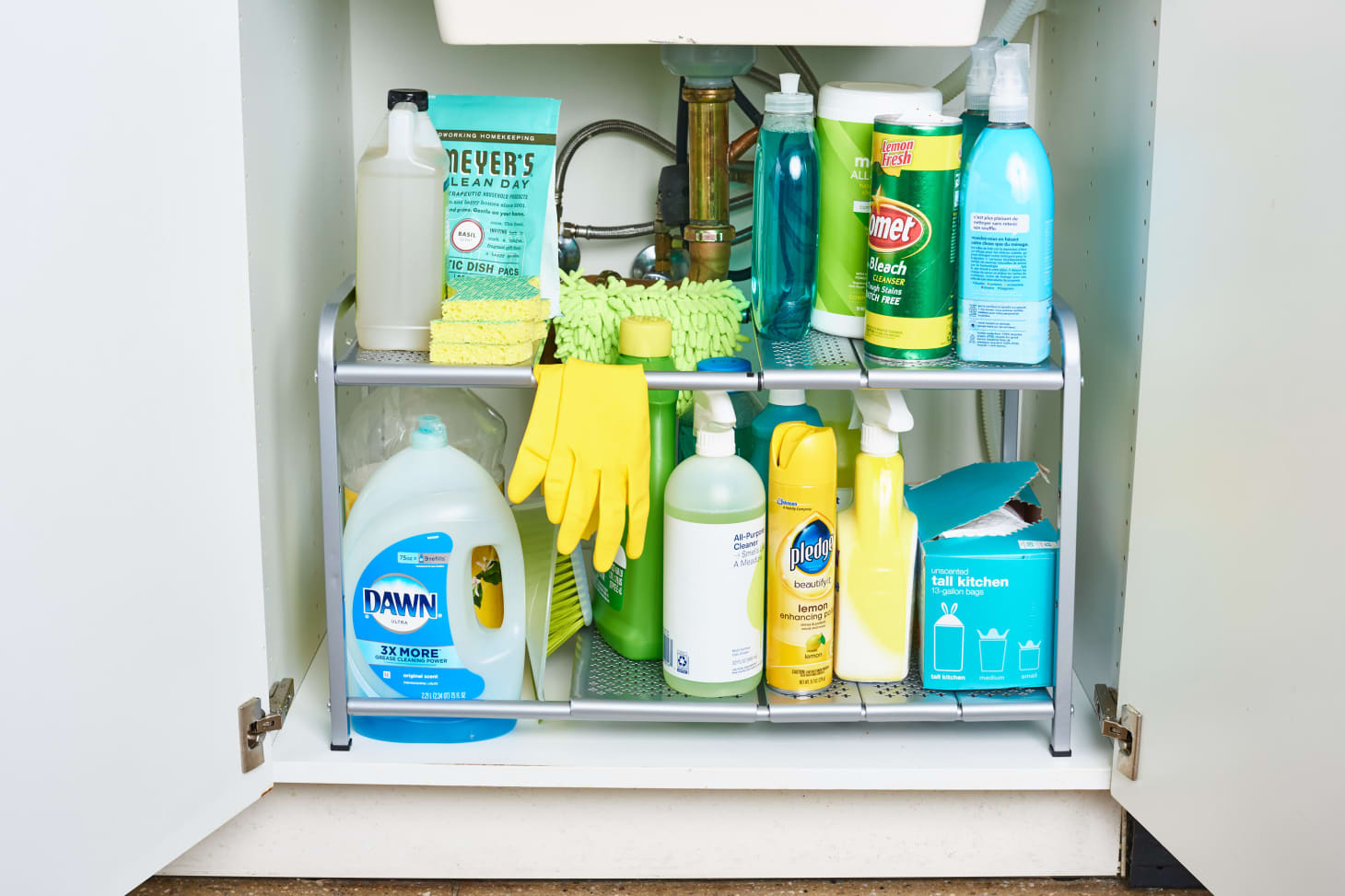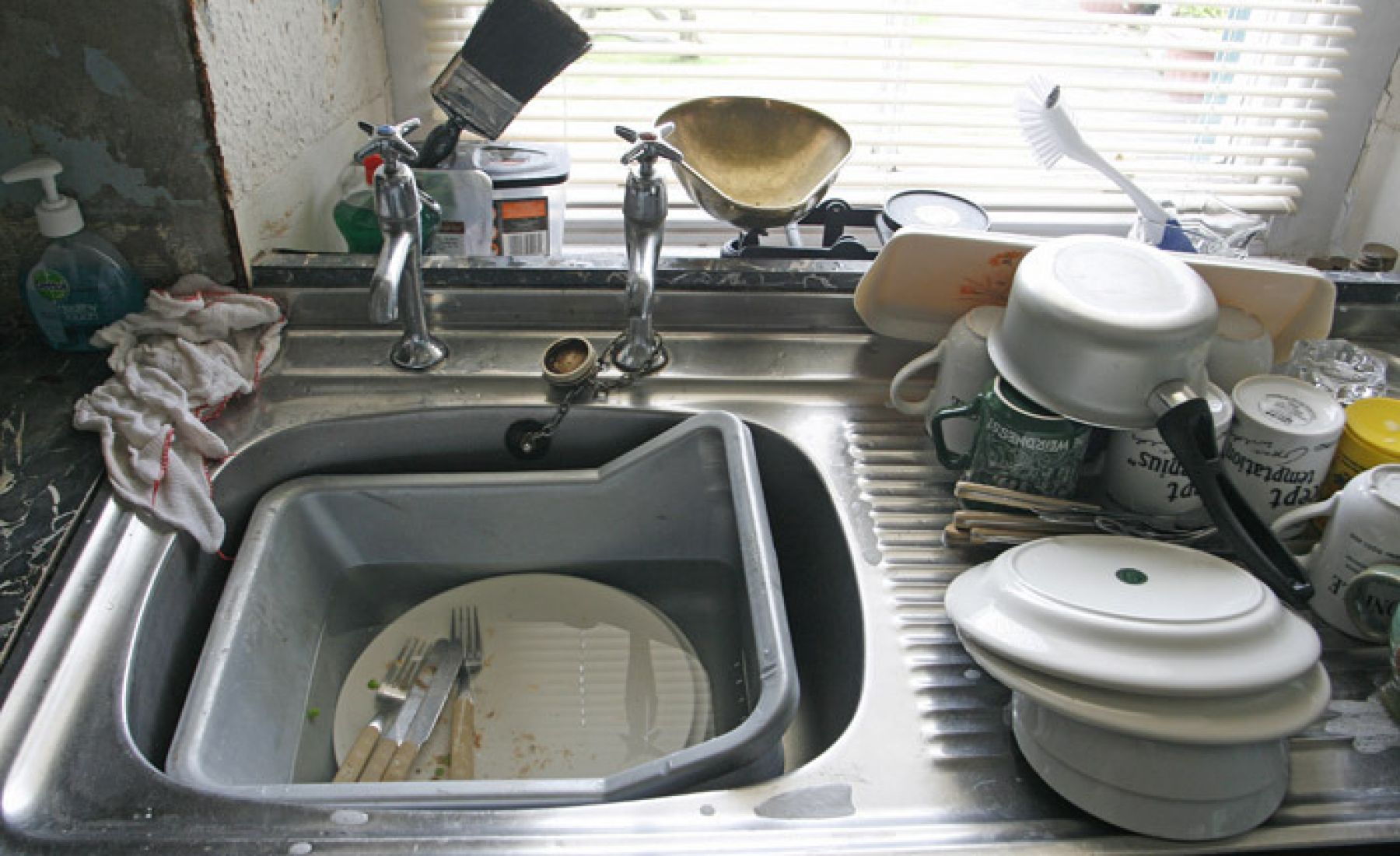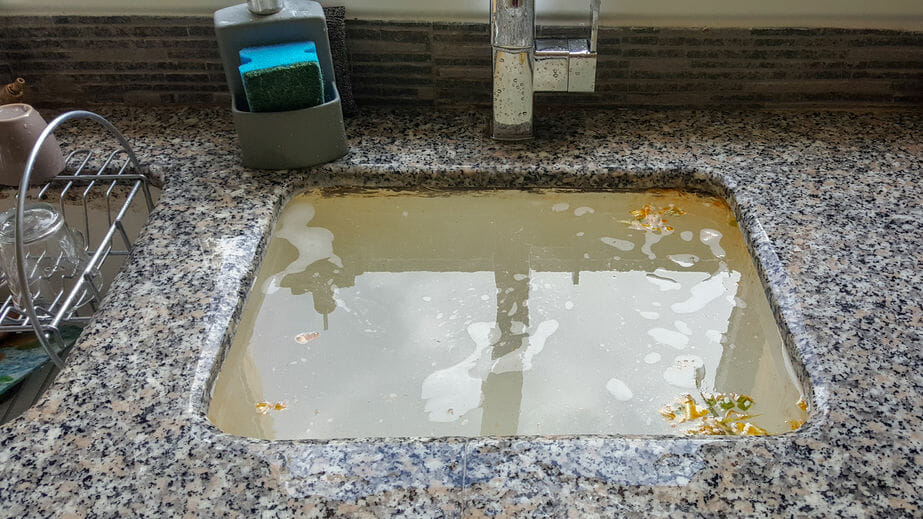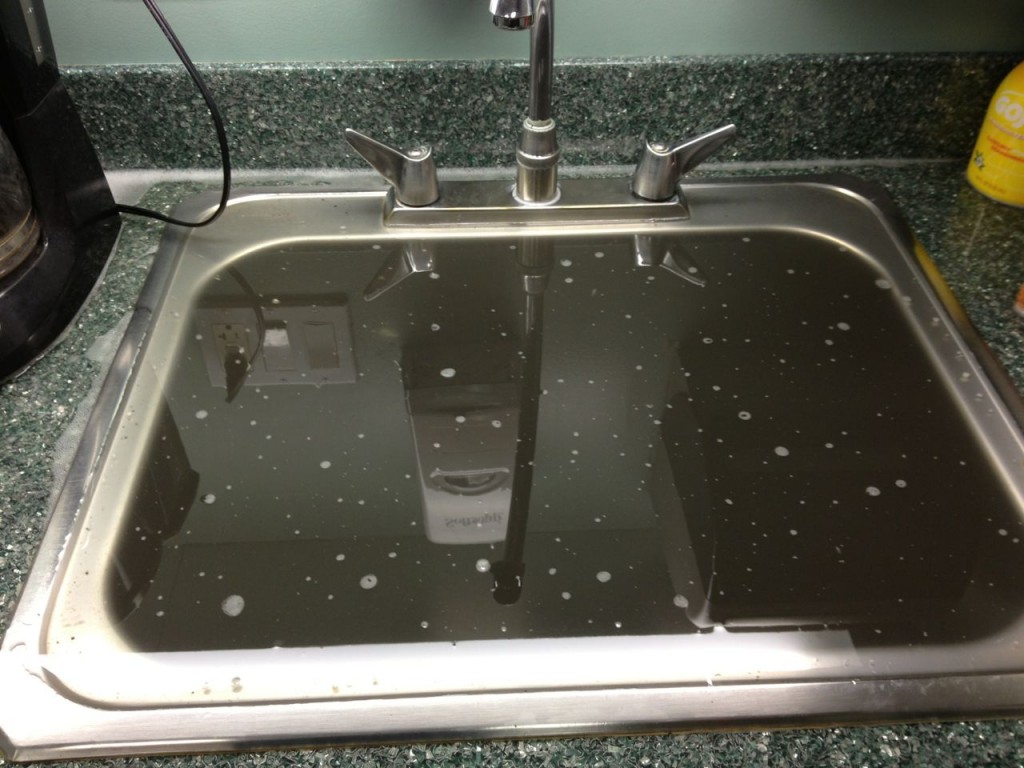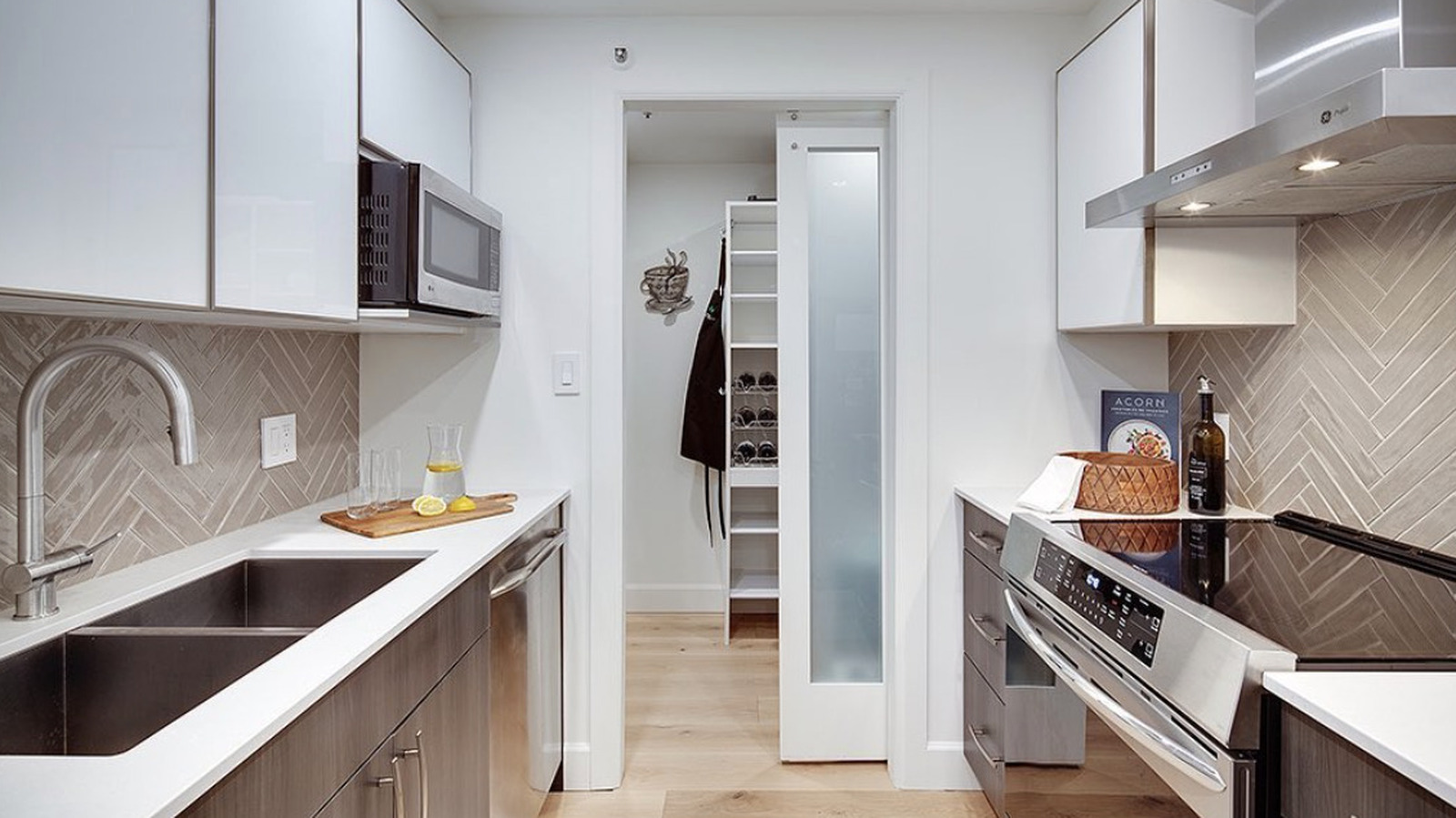Having a backed up kitchen sink can be a major inconvenience, but when it starts backing up into your basement sink, it can quickly become a nightmare. Not only does it create a mess, but it can also lead to costly repairs if left untreated. In this article, we will discuss the top 10 reasons why your basement sink may be backing up from your kitchen sink and how to fix it.Basement Sink Backing Up From Kitchen Sink
Before we dive into the main reasons for a backed up basement sink, let's first discuss how to fix it. In most cases, a clogged kitchen sink can be easily fixed with a plunger or drain snake. Simply place the plunger over the drain and push down and pull up several times. If that doesn't work, a drain snake can be used to remove any obstructions in the drain.How to Fix a Backed Up Kitchen Sink
Now, let's explore the top 10 reasons why your basement sink may be backing up from your kitchen sink. Clogged Drain - One of the most common reasons for a backed up kitchen sink is a clogged drain. This can be caused by a build-up of food particles, grease, or other debris in the pipes. Blocked Vent - Every plumbing system has a vent that allows air to escape, which helps with proper drainage. If this vent becomes blocked, it can cause water to back up into your basement sink. Garbage Disposal Issues - If you have a garbage disposal in your kitchen sink, it can also contribute to a backed up basement sink. Improper use or maintenance of the garbage disposal can lead to clogs and blockages in the pipes. Faulty Plumbing - In some cases, the issue may lie with the plumbing itself. Old or damaged pipes can easily become clogged, causing water to back up into your basement sink. Tree Roots - If you have trees or shrubs near your home, their roots can grow into the pipes and cause blockages. This is a common issue in older homes with clay or cast iron pipes. Grease Build-Up - Pouring grease down the kitchen sink can also lead to a backed up basement sink. As the grease cools, it can solidify and stick to the pipes, causing clogs. Foreign Objects - Children or pets may accidentally drop items down the kitchen sink that can clog the pipes, such as toys, utensils, or food wrappers. Sewer Line Issues - If the issue is not limited to just your kitchen sink, there may be a problem with the main sewer line. This can be caused by tree roots, a collapsed pipe, or a blockage in the city's sewer system. Heavy Rainfall - Heavy rainstorms can overwhelm the city's sewer system, causing it to back up into your basement sink. This is a common issue in areas with old or undersized sewer systems. Improper Plumbing Installation - If the plumbing in your home was not installed correctly, it can lead to issues with proper drainage and cause water to back up into your basement sink.Common Causes of a Backed Up Kitchen Sink
Now that we've discussed the main causes of a backed up basement sink, let's talk about how to prevent it from happening in the first place. Regular Drain Maintenance - One of the best ways to prevent a backed up kitchen sink is to regularly maintain your drains. This includes using drain cleaners or natural alternatives, such as baking soda and vinegar, to keep your pipes clear. Proper Garbage Disposal Use - Be mindful of what you put down your garbage disposal. Avoid pouring grease, fibrous vegetables, or hard items down the sink, as they can cause clogs in the pipes. Install a Backflow Preventer - A backflow preventer is a device that can be installed in your plumbing system to prevent sewage from backing up into your basement sink during heavy rainfall or sewer line issues. Regular Plumbing Inspections - It's important to have your plumbing system inspected regularly by a professional to catch any potential issues before they become major problems.How to Prevent a Basement Sink from Backing Up
It's always best to address a clogged kitchen sink drain before it leads to a backed up basement sink. Here are some signs to look out for: Slow Drainage - If you notice that your kitchen sink is draining slower than usual, it could be a sign of a clogged drain. Unpleasant Odors - A clogged drain can start to emit foul odors, especially if food particles or grease are stuck in the pipes. Gurgling Noises - If you hear gurgling noises coming from your kitchen sink when you run the water, it could indicate a clogged drain.Signs of a Clogged Kitchen Sink Drain
If your basement sink is already backed up from your kitchen sink, here are some steps you can take to unclog it: Step 1: Remove Standing Water - Use a bucket or a cup to remove any standing water from your sink. Step 2: Use a Plunger - As mentioned before, a plunger can be an effective tool for unclogging a sink. Place the plunger over the drain and push down and pull up several times to create suction. Step 3: Try a Drain Snake - If the plunger doesn't work, a drain snake can be used to physically remove any obstructions in the pipes. Step 4: Use a Natural Cleaner - If you prefer to use natural alternatives, a mixture of baking soda and vinegar can help break down clogs in the pipes. Step 5: Call a Professional - If these methods don't work, it's best to call a professional plumber to avoid causing further damage to your pipes.How to Unclog a Basement Sink
While there can be various reasons for a backed up basement sink, the most common cause is a clogged kitchen sink drain. By properly maintaining your drains and being mindful of what you put down your sink, you can prevent this issue from occurring.Why is My Kitchen Sink Backing Up into My Basement?
If you're dealing with a clogged kitchen sink, here are some DIY solutions you can try: Baking Soda and Vinegar - Mix 1/2 cup of baking soda with 1/2 cup of vinegar and pour it down the drain. Let it sit for 15 minutes, then pour hot water down the drain to flush out any debris. Salt and Boiling Water - Pour 1/2 cup of salt down the drain, followed by boiling water. Let it sit for a few minutes, then pour hot water down the drain to flush out any remaining debris. Plunger - As mentioned before, a plunger can be an effective tool for unclogging a kitchen sink drain.How to Clear a Clogged Kitchen Sink
If you've tried all the DIY solutions and your basement sink is still backing up from your kitchen sink, it's best to call a professional plumber. They have the tools and expertise to properly diagnose and fix the issue without causing further damage to your pipes or home. In conclusion, a backed up basement sink from a kitchen sink can be a frustrating and messy problem, but it can be easily prevented with regular drain maintenance and proper use of your garbage disposal. If the issue does arise, try the DIY solutions mentioned above, but don't hesitate to call a professional if needed. Taking care of your plumbing system can save you time, money, and headaches in the long run.Professional Plumbing Services for a Backed Up Basement Sink
Preventing Basement Sink Backup from Kitchen Sink

Understanding the Connection Between Kitchen and Basement Sinks
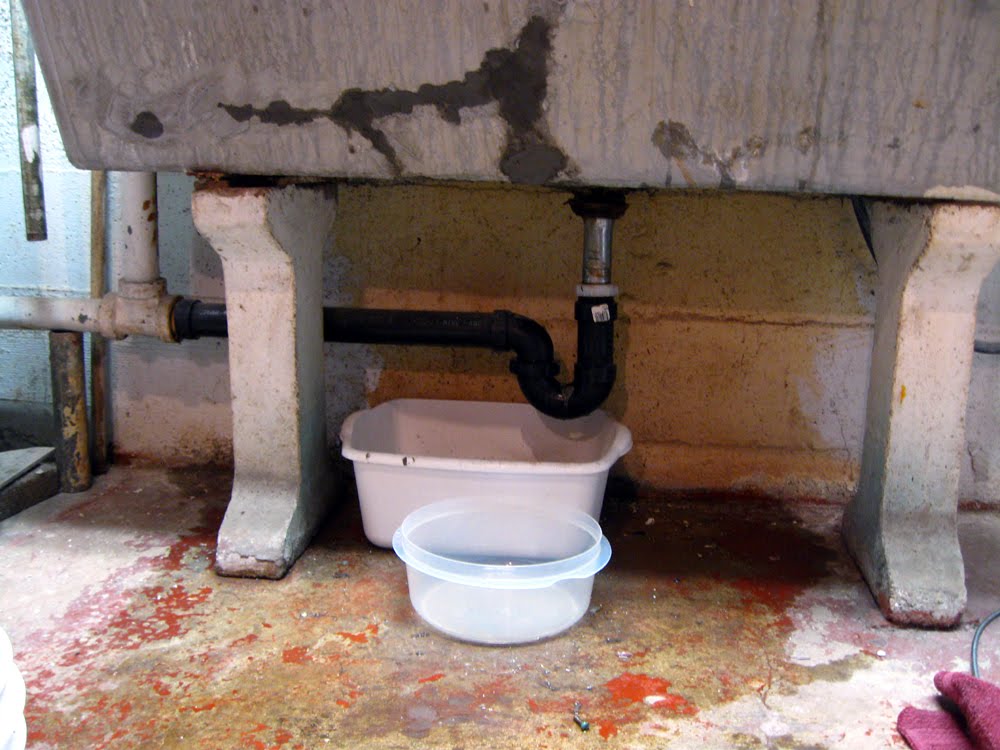 When it comes to home design, the kitchen and basement are two areas that are often closely connected. This is especially true in older homes where the plumbing may not have been updated. In these cases, it's not uncommon for the kitchen sink to be connected to the basement sink, creating a potential for backup issues.
One of the main reasons for this connection is to save space and reduce the cost of plumbing. However, it can also lead to some common problems, such as water backing up from the kitchen sink into the basement sink. This can happen for a variety of reasons, but the most common is a clogged or damaged pipe that connects the two sinks.
Kitchen sink backups can be a major inconvenience and cause damage to your basement and home
. Not only can the water damage your belongings, but it can also lead to mold growth and unpleasant odors. In order to prevent this from happening, it's important to take some preventative measures and address any issues as soon as they arise.
When it comes to home design, the kitchen and basement are two areas that are often closely connected. This is especially true in older homes where the plumbing may not have been updated. In these cases, it's not uncommon for the kitchen sink to be connected to the basement sink, creating a potential for backup issues.
One of the main reasons for this connection is to save space and reduce the cost of plumbing. However, it can also lead to some common problems, such as water backing up from the kitchen sink into the basement sink. This can happen for a variety of reasons, but the most common is a clogged or damaged pipe that connects the two sinks.
Kitchen sink backups can be a major inconvenience and cause damage to your basement and home
. Not only can the water damage your belongings, but it can also lead to mold growth and unpleasant odors. In order to prevent this from happening, it's important to take some preventative measures and address any issues as soon as they arise.
Preventative Measures for Kitchen Sink Backup
 The first step in preventing basement sink backup from the kitchen sink is to
regularly clean and maintain your kitchen sink and drain
. This includes removing any food scraps or debris from the drain and using a drain cleaner to clear out any buildup. You should also avoid pouring grease and oil down the drain, as they can solidify and clog the pipes.
Another important preventative measure is to
install a backwater valve
on your plumbing system. This device helps to prevent sewage and wastewater from flowing back into your home. It works by automatically closing when water starts to flow in the wrong direction, effectively blocking any backup from occurring.
The first step in preventing basement sink backup from the kitchen sink is to
regularly clean and maintain your kitchen sink and drain
. This includes removing any food scraps or debris from the drain and using a drain cleaner to clear out any buildup. You should also avoid pouring grease and oil down the drain, as they can solidify and clog the pipes.
Another important preventative measure is to
install a backwater valve
on your plumbing system. This device helps to prevent sewage and wastewater from flowing back into your home. It works by automatically closing when water starts to flow in the wrong direction, effectively blocking any backup from occurring.
Addressing Issues with Basement Sink Backup
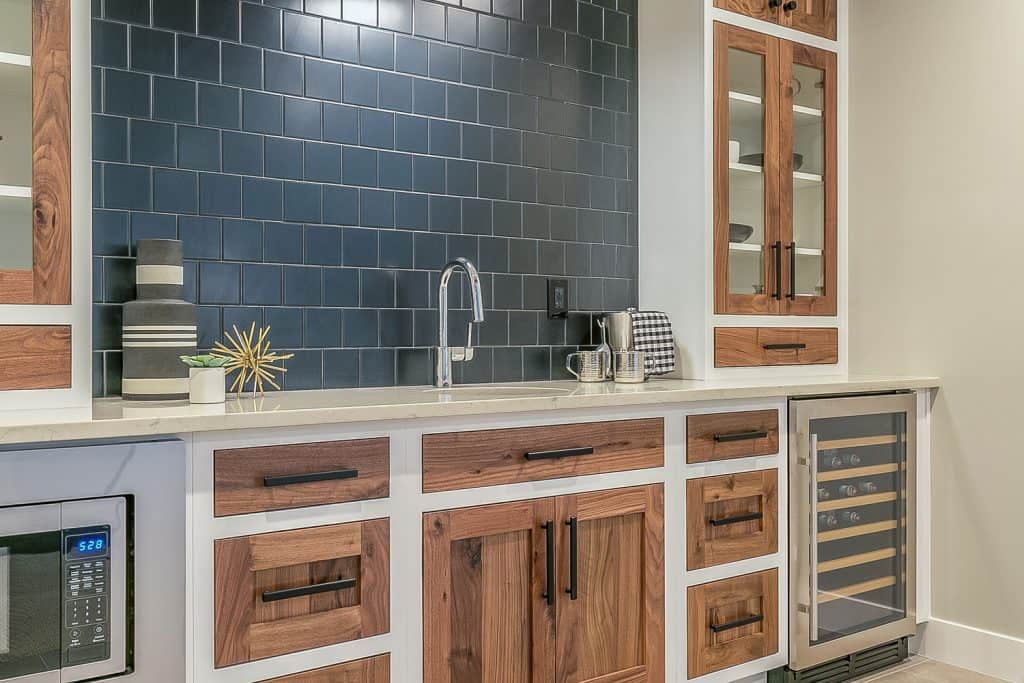 If you do experience a backup from your kitchen sink into the basement sink, there are a few steps you can take to address the issue. First, try using a plunger or a plumbing snake to clear any blockages in the pipe. If that doesn't work, you may need to
call a professional plumber
to inspect and repair the pipes.
It's also a good idea to
regularly inspect your plumbing system
for any signs of damage or wear and tear. This can help you catch any issues before they turn into major problems. Additionally,
investing in high-quality pipes and fixtures
can also help to prevent backups and other plumbing issues.
If you do experience a backup from your kitchen sink into the basement sink, there are a few steps you can take to address the issue. First, try using a plunger or a plumbing snake to clear any blockages in the pipe. If that doesn't work, you may need to
call a professional plumber
to inspect and repair the pipes.
It's also a good idea to
regularly inspect your plumbing system
for any signs of damage or wear and tear. This can help you catch any issues before they turn into major problems. Additionally,
investing in high-quality pipes and fixtures
can also help to prevent backups and other plumbing issues.
Conclusion
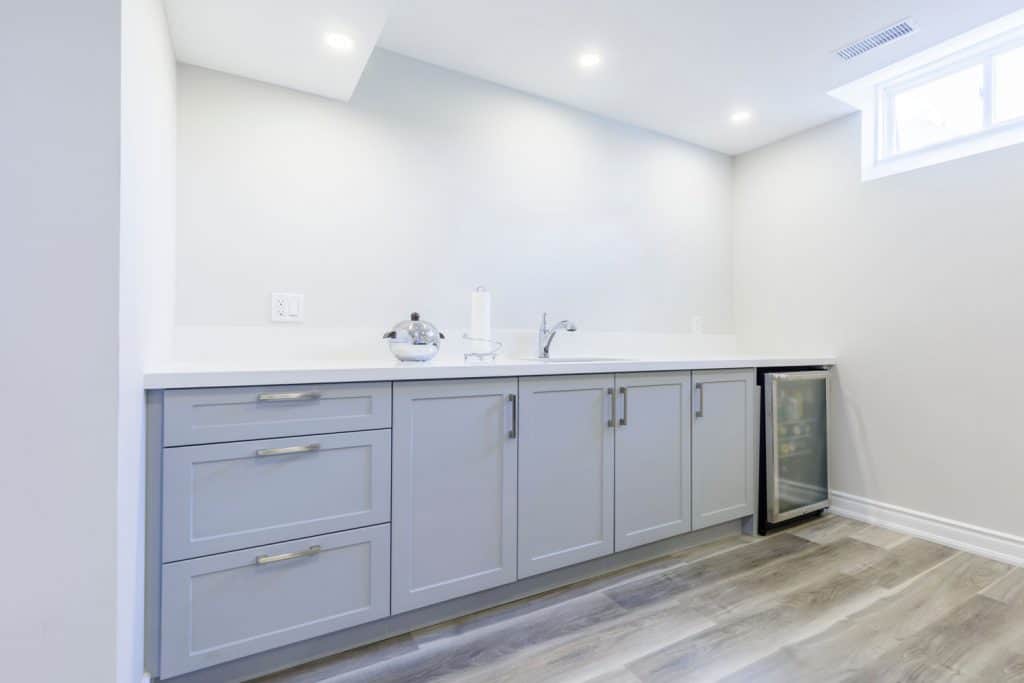 By understanding the connection between your kitchen and basement sinks and taking preventative measures, you can avoid the inconvenience and damage of a basement sink backup. Regular maintenance and addressing any issues promptly can help keep your plumbing system running smoothly and avoid costly repairs in the future. Remember to
consult a professional plumber
for any major issues and to keep an eye on your plumbing system for potential problems. With these steps, you can ensure that your kitchen and basement sinks stay connected in the best possible way.
By understanding the connection between your kitchen and basement sinks and taking preventative measures, you can avoid the inconvenience and damage of a basement sink backup. Regular maintenance and addressing any issues promptly can help keep your plumbing system running smoothly and avoid costly repairs in the future. Remember to
consult a professional plumber
for any major issues and to keep an eye on your plumbing system for potential problems. With these steps, you can ensure that your kitchen and basement sinks stay connected in the best possible way.
